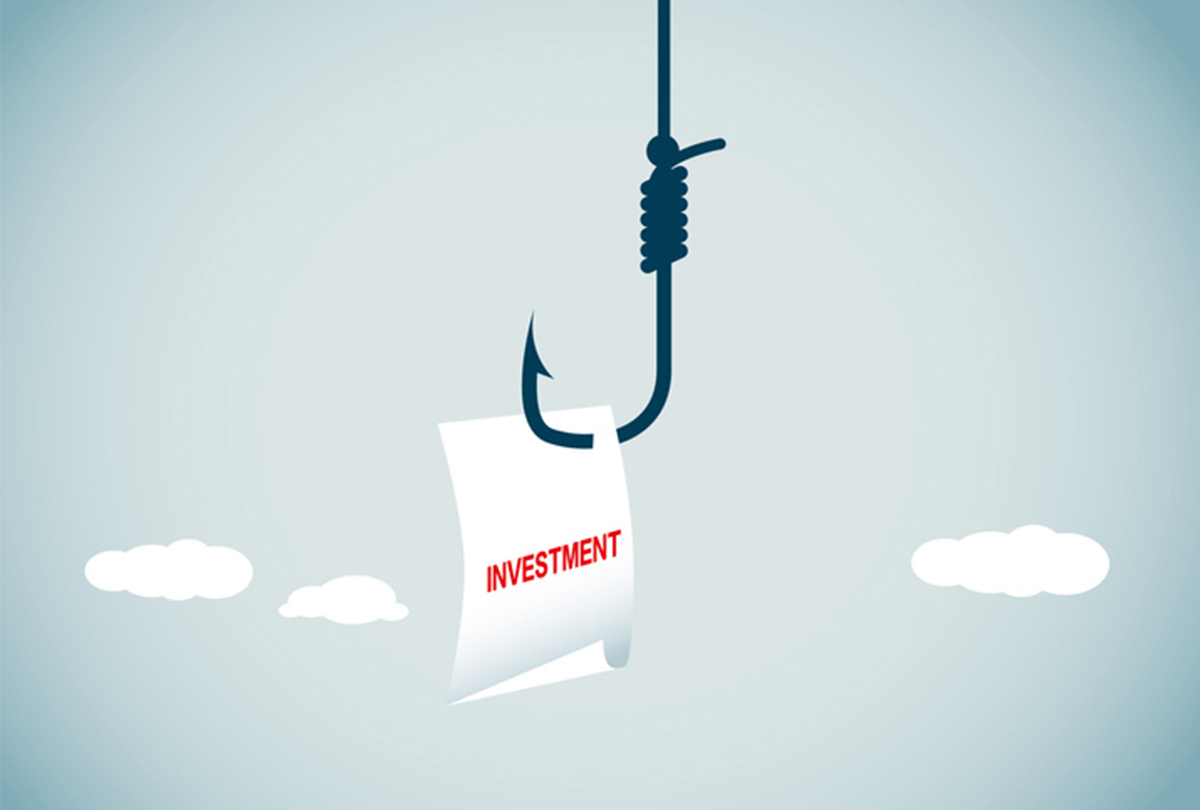You’ve worked hard for every dollar you’ve earned. The last thing you want is for some con artist to swindle you out of your hard-earned cash. But investment scams are everywhere, from fake crypto projects to Ponzi schemes to outright fraud. How do you keep your money safe? This article will walk you through the most common investment scams so you can spot them a mile away. We’ll talk about the warning signs of a scam, like promises of unrealistic returns, high-pressure sales tactics, and sketchy operators. Stick with us and we’ll make sure you don’t get taken for a ride. Your nest egg will thank you. Knowledge is power when it comes to safeguarding your finances.
Common Red Flags of Investment Scams
So you got an unsolicited call or email about an “amazing, once-in-a-lifetime investment opportunity” with huge returns. Sounds too good to be true? It probably is. Here are some common signs you’re dealing with an investment scam:
High-pressure sales tactics. Legitimate investments don’t require you to act now or lose out. Scammers use urgency and scarcity to get you to invest without thinking.
Unregistered investments. Many scams involve unlicensed individuals or unregistered investments. Check if the investment and seller are registered with the SEC or your state regulator.
Guaranteed high returns. No real investment offers guaranteed high returns with little to no risk. 10%+ returns should raise red flags.
Complex strategies. It’s easy for scammers to bamboozle with sophisticated-sounding investment strategies that are hard to understand. If it’s confusing, it’s likely meant to confuse.
Push for upfront payment. Legitimate brokers and advisors typically don’t require large upfront payments before investing your money.
The bottom line? Trust your instincts. If something sounds fishy, don’t invest. And remember, there’s no such thing as a free lunch. Legitimate opportunities to earn sky-high returns with little risk simply don’t exist. So keep your money safe and avoid the scammers. Your future self will thank you.

Protecting Yourself From Fraudulent “Opportunities”
Stay Alert for Warning Signs
Be wary of unsolicited investment offers, especially those promising huge returns with little or no risk. If it sounds too good to be true, it probably is. Warning signs include high-pressure sales tactics, promises of “once-in-a-lifetime” deals, and requests for money upfront before details are provided.
Do Your Research
Never invest in anything without doing thorough research from independent sources. Check if the company and individuals promoting the opportunity have been subject to legal or regulatory actions. See what others are saying about them on sites like the Better Business Bureau. If information seems scarce, that’s a red flag.
Avoid “Get Rich Quick” Pitches
Legitimate investments take time to generate returns. Anyone promising you’ll become an “overnight millionaire” with their opportunity is likely scamming you. Real wealth is built over years through diligent saving and smart investing.
Don’t Be Rushed Into a Decision
High-pressure tactics indicate the promoter cares more about getting your money than your well-being. Never feel forced into an investment decision. Take time to evaluate all opportunities objectively and consult a financial advisor if needed. Your hard-earned money deserves that level of care and consideration.
The bottom line is there are no shortcuts to financial success. By staying vigilant, doing your homework, and avoiding urgency, you can protect yourself from fraudsters trying to separate you from your money. Your future security is worth the effort to invest wisely and avoid scams.

What to Do if You’ve Been Scammed
Unfortunately, investment scams happen, and you may find yourself a victim. Don’t beat yourself up these scammers are pros who make a living deceiving people. Focus instead on damage control and recovery.
File a Police Report
You’ll need an official police report for your records and to report the scam to other agencies. Provide the details of how you were scammed and any information about the scammer that you have. The police may not be able to recover your money, but the report can help prevent others from becoming victims.
Alert Financial Institutions
Contact your bank, credit card issuers, stockbroker, etc. immediately. Place a fraud alert or freeze your accounts to avoid further losses. Close any compromised accounts and open new ones. Monitor all statements closely for signs of fraud.
Report to Government Agencies
Report the scam to federal agencies like the FTC, SEC, or CFTC, depending on the type of scam. Provide details from your police report and any other evidence. These agencies track investment fraud to spot trends, alert the public, and potentially prosecute scammers. Reporting also helps prevent future victims.
Consider Legal Action
You may be able to take civil action against the scammers to recover damages. Consult with a private attorney specializing in fraud cases to evaluate if you have grounds for a lawsuit. They can advise you on the likelihood of recovering any funds and guide you through the legal process if you want to pursue charges.
The most important steps are acting fast to avoid further losses, reporting the scam to the proper authorities, and warning others about the fraud. Though you may not get back the money taken from you, you can gain a sense of empowerment by fighting back against investment scams. Stay vigilant, do your due diligence, and never make investment decisions in haste or under pressure. With time and patience, you can rebuild what was taken from you.



